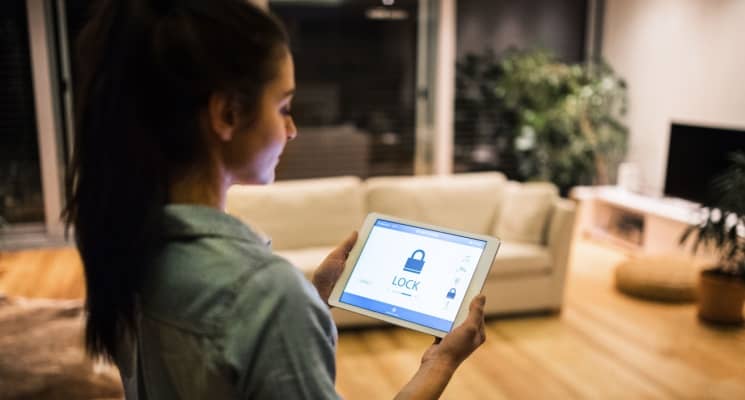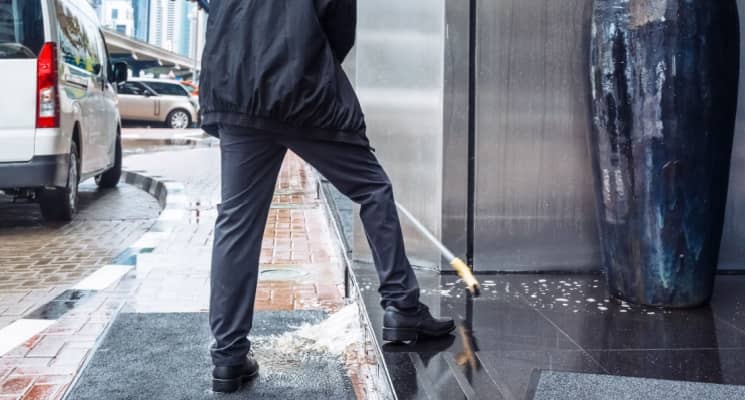Smart homes are the epitome of convenience, bringing the future into our homes with a seamless integration of technology that can control everything from lighting to security with just a voice command or a swipe on a smartphone. However, as Hollywood continues to churn out movies depicting AI and technology spiraling out of control, it is natural to wonder if investing in smart home devices is truly a wise decision. It makes you wonder if your smart home devices are actually spying on you? Beyond fictional scenarios, there are real-world concerns about smart home privacy and security that come with these high-tech conveniences.
If you are considering a smart home setup in your Dubai home but are apprehensive of potential risks, it is important to take steps to protect yourself. Here is how you can ensure that your smart home remains secure and your privacy is safeguarded.
1. Enable the Firewall on Your Router
The foundation of a secure smart home starts with your router, the gateway to your internet connection. Most routers come equipped with a built-in firewall that can block unauthorized access to your network. However, this firewall often needs to be manually enabled by the user. By activating it, you add a crucial layer of defense against potential intruders trying to access your smart devices.
2. Change the Wake Word of Smart Home Hubs
Devices like Amazon’s Alexa are always listening for their wake word, typically “Hey Alexa.” Changing this to something less common can reduce the chances of accidental activations or malicious attempts to trigger the device. Although this may seem like a simple step, it can make a significant difference in controlling when your smart hub is actively listening.
3. Be Cautious with Security Cameras
Smart home security cameras are designed to offer peace of mind, but they can also pose a privacy risk if hacked. To minimize this risk, avoid placing cameras in private areas like bathrooms and bedrooms. Always invest in high quality cameras from reputable brands that offer regular security updates. Also, make sure to change default passwords immediately after installation.
4. Be Mindful of What You Say Around Smart Devices
Smart speakers and other devices with voice recognition capabilities are constantly listening for commands, which means they could potentially capture sensitive information. To mitigate this, avoid discussing passwords or other confidential details when near these devices. You can enable the option to pause data collection on many smart devices to reduce the risk of recording sensitive conversations. Regularly reviewing your device’s recorded commands and conversations is also a good practice to ensure you’re not storing unintended information.
Conclusion
While smart homes offer unparalleled convenience, they also come with their share of privacy and security concerns. By taking proactive steps to secure your devices, you can enjoy the benefits of a smart home without compromising your privacy. Investing a little time in setting up and maintaining your devices can go a long way in ensuring that your smart home is both convenient and secure.
When setting up your smart home devices, it is best to get them installed by a handyman from a professional company. If you are interested, you can book a handyman on ServiceMarket now!







